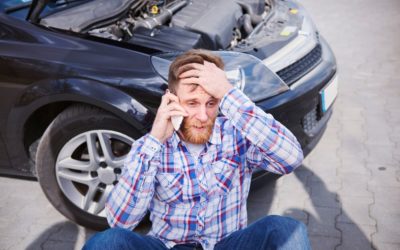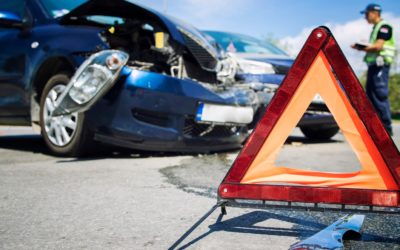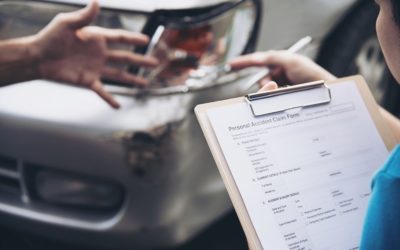Occupiers’ Liability
Occupiers’ Liability Lawyer in Nova Scotia
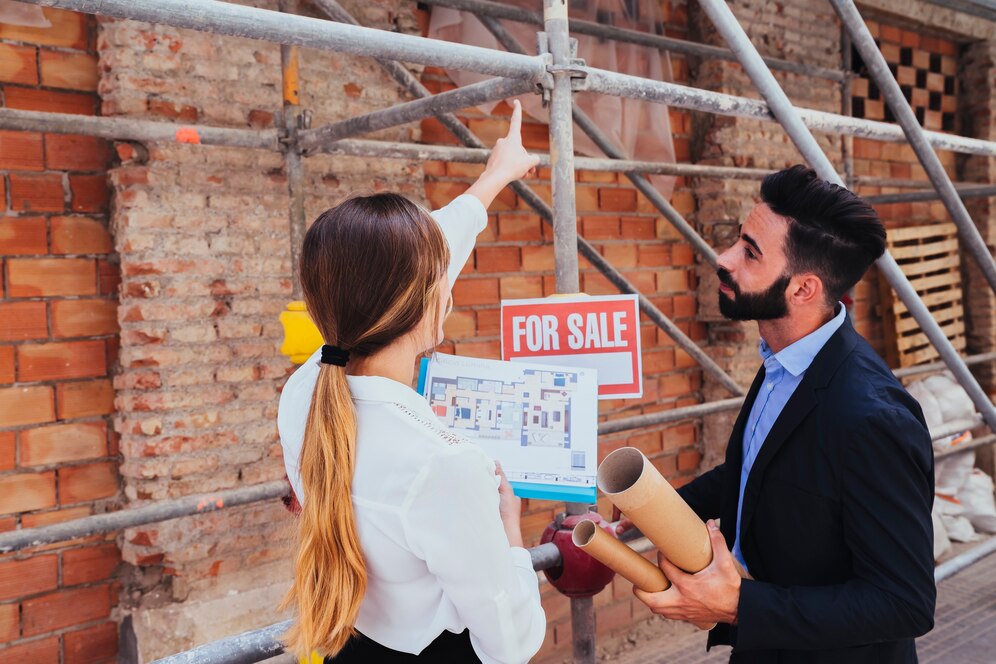
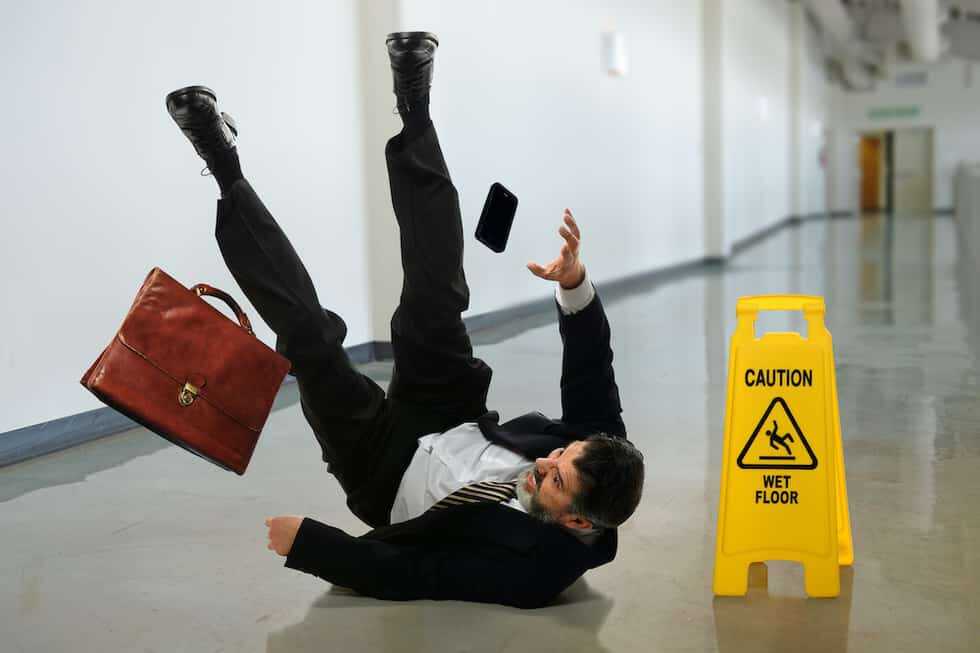
Understanding Occupiers’ Liability Claims in Nova Scotia
A slip on an icy walkway, a fall down poorly maintained stairs, or an injury from unsafe conditions can change your life in an instant. Property owners have a legal duty to keep their premises safe, but when they fail to do so, victims often face mounting medical bills, lost wages, and a challenging recovery journey.
An experienced Occupiers’ liability lawyer can help you understand your rights and build a strong case for compensation. With proper legal guidance, you can hold property owners accountable for their negligence and secure the resources needed for your recovery.
Our counsel brings 3 decades of premises liability experience to your corner. From our Bedford office, we offer what mega-firms can’t: direct access to a senior lawyer who personally champions your case from start to finish.
How We Help With Occupiers’ Liability Claims
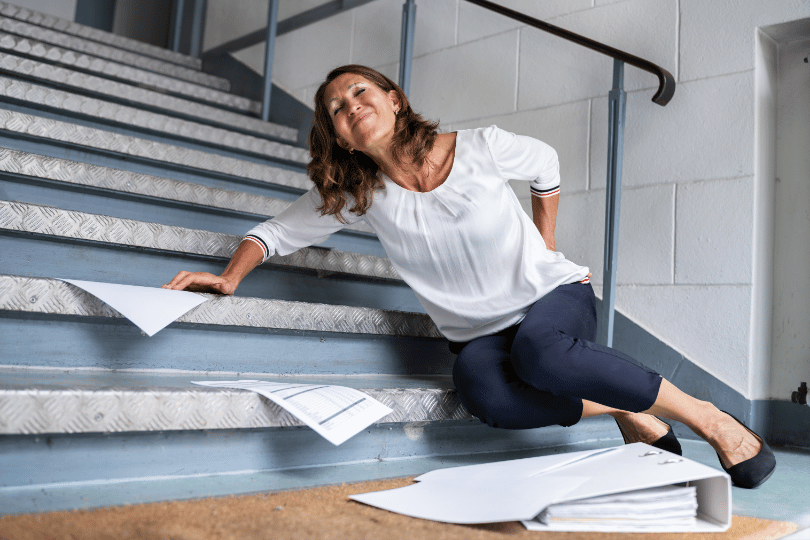
Slip and Fall Accidents

Commercial Property Incidents
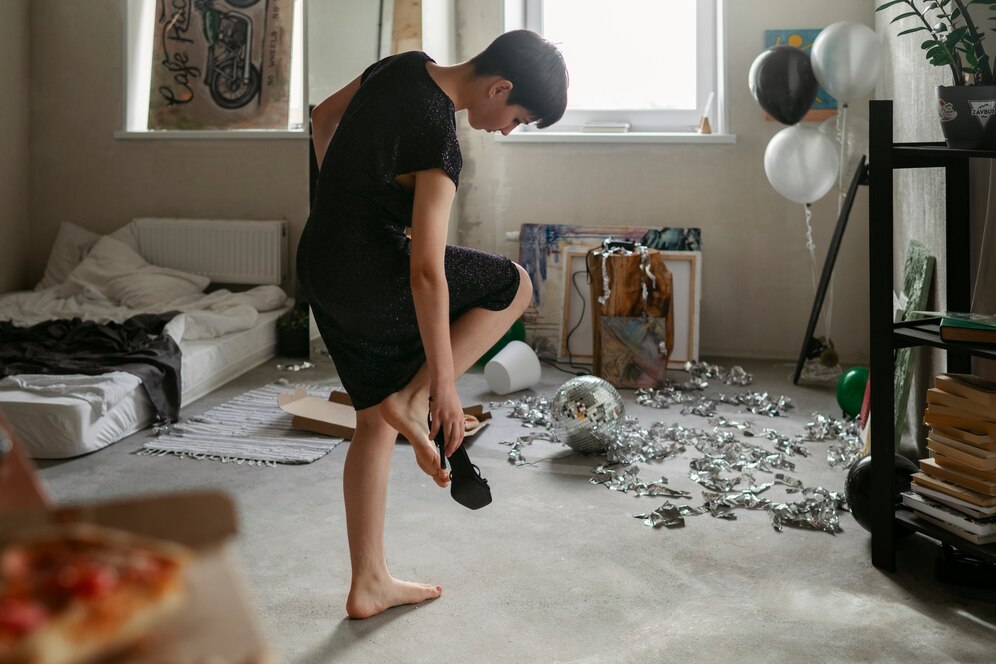
Residential Property Accidents
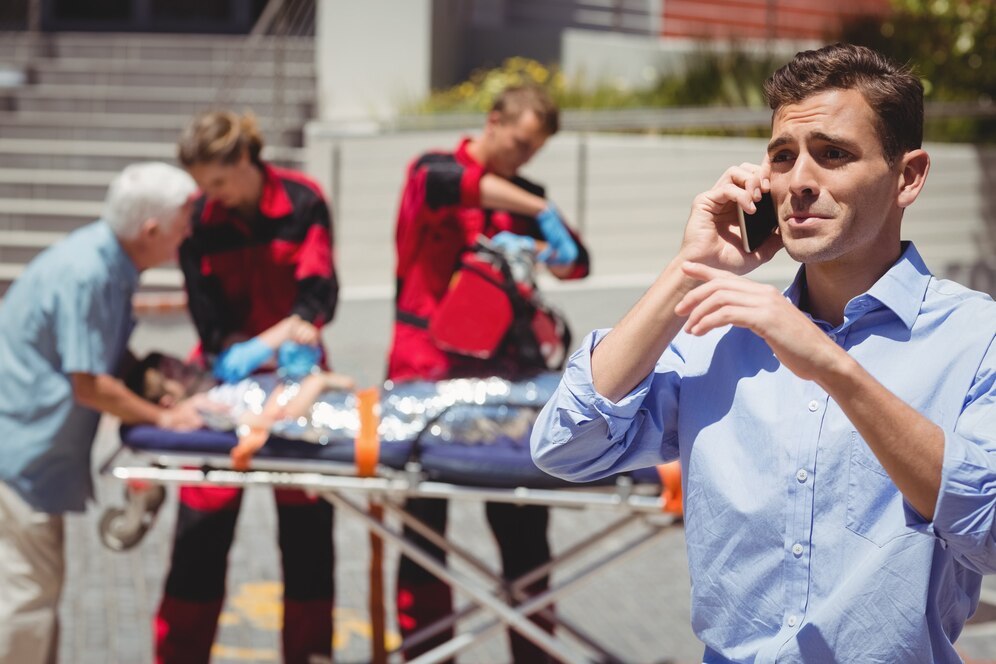
Public Space Injuries
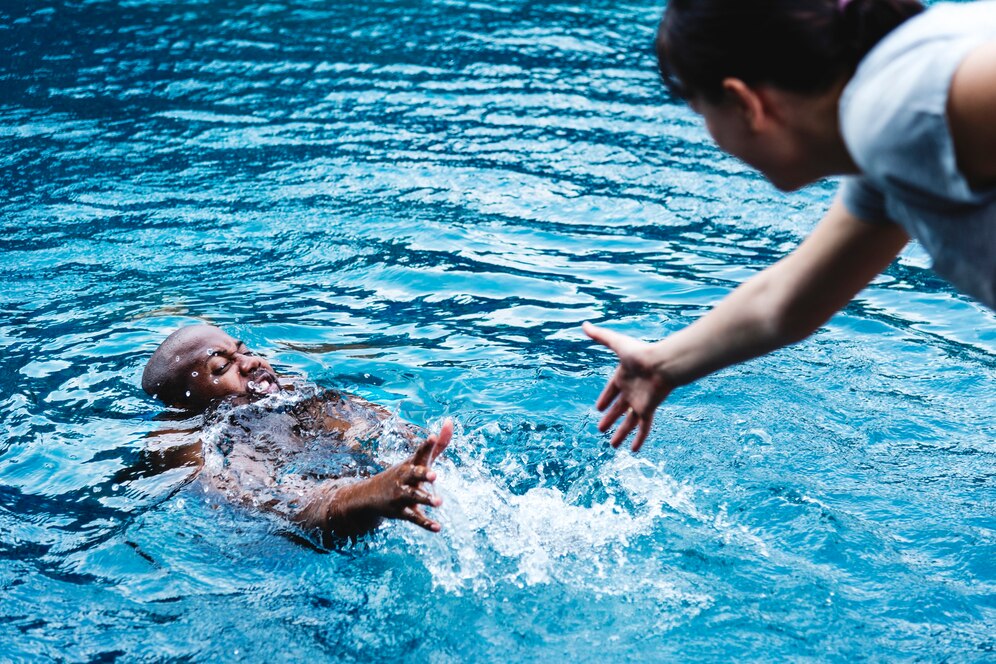
Swimming Pool Accidents
Why Choose LaViolette Law For Your Occupiers’ Liability Claim?

Three Decades of Experience
With 3 decades of experience in the law industry, we know how to build strong claims and counter common defence tactics used by property owners and their insurers.

Direct Access to Your Lawyer
Unlike large firms where files get passed between lawyers, you’ll work directly with a senior lawyer throughout your entire case, ensuring nothing gets lost in translation.

No Win, No Fee Guarantee
We work on a contingency fee basis, meaning you don’t pay legal fees unless we secure compensation for you.

Thorough Case Investigation
We meticulously gather evidence, interview witnesses, and document unsafe conditions to build the strongest possible case for your compensation.
Don’t Let Property Owner Negligence Impact Your Future
Take the first step toward getting the compensation you deserve for your injury.
FAQs
When Is A Property Owner/Occupier Liable For A Person's Injuries?
Property owners in Nova Scotia become liable when they fail to maintain reasonably safe conditions for visitors. This legal responsibility applies when they knew or should have known about hazardous conditions but didn’t take appropriate action to fix them. Examples include failing to clear ice and snow, not repairing broken stairs, inadequate lighting, or ignoring dangerous conditions that could harm visitors. However, owners must have had a reasonable opportunity to discover and address these hazards to be held liable under Occupiers’ liability law.
Learn more about how to determine if your injury claim is worth pursuing
What Is Occupier's Liability And The Duty Of Care?
Under Nova Scotia law, occupier’s liability means property owners and managers must take reasonable steps to ensure their premises are safe for visitors. This duty of care requires them to maintain the property, fix hazards, provide adequate warnings of dangers, and regularly inspect for potential safety issues. The level of care required can vary depending on the property type – for example, a shopping mall has a higher standard than a private residence.
What Are The Most Common Hazards That Could Cause Occupiers' Liability?
Common hazards leading to occupiers’ liability claims include slippery floors from snow, ice, or wet conditions, poorly maintained staircases, inadequate lighting in walkways, uneven walking surfaces, falling objects, broken handrails, unmarked changes in floor elevation, cluttered aisles in stores, and parking lot defects. Property owners can also be liable for injuries caused by insufficient security measures, defective elevators or escalators, and failing to warn visitors about known dangers on their premises.
When Are Property Occupiers’ Accountable For Injuries That Occur On Their Property?
Property Occupiers’ become legally responsible when they fail to meet their duty of care and someone gets hurt as a result. They’re accountable when they knew about a hazard (or should have known) and didn’t take reasonable steps to fix it or warn visitors. Examples include ignoring reported safety issues, failing to conduct routine inspections, or not following standard maintenance procedures. However, they aren’t automatically liable for every accident – the injury must be directly linked to their negligence.
What Types of Occupier's Liability Claims Do You Handle?
We handle.
- Slip and falls on icy or wet surfaces
- Injuries from poor maintenance (broken stairs, loose railings)
- Inadequate lighting accidents
- Falling merchandise or objects
- Trip hazards from uneven flooring
- Swimming pool accidents
Other Services We Offer
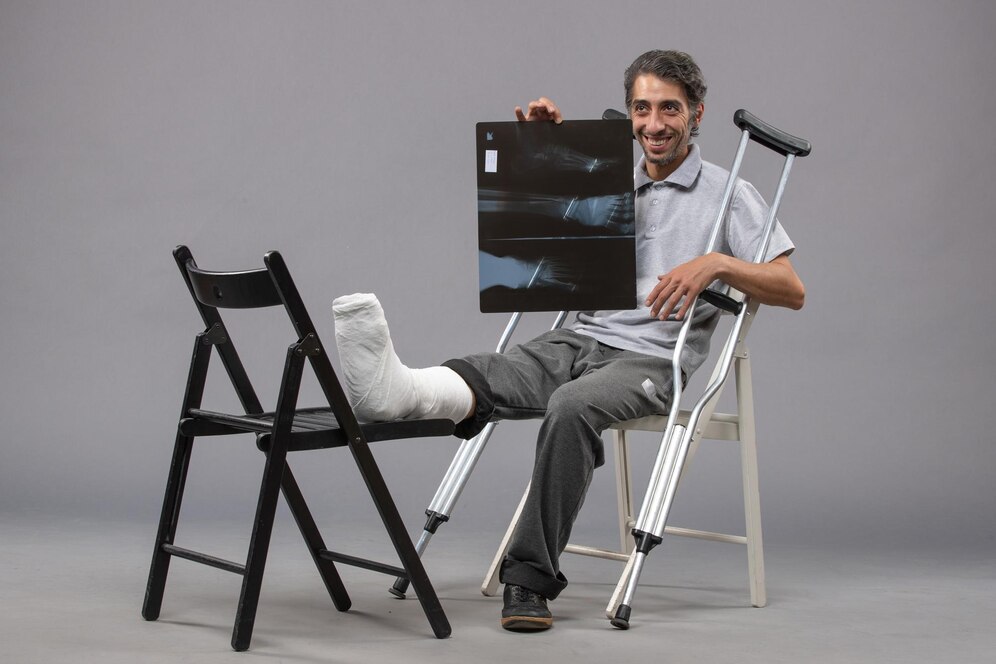
Injury and Insurance
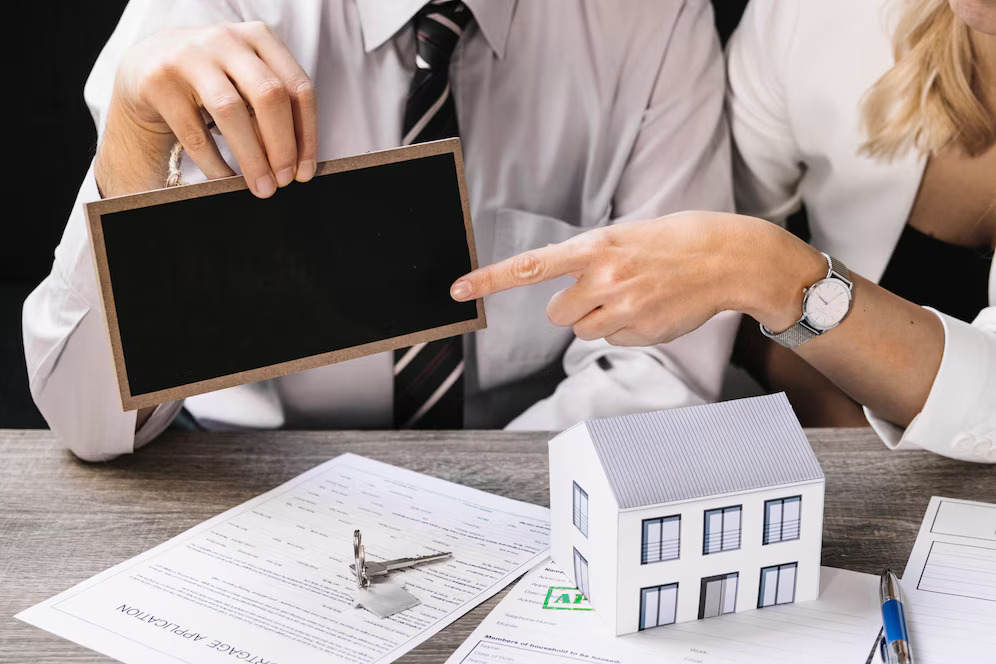
Estate Planning
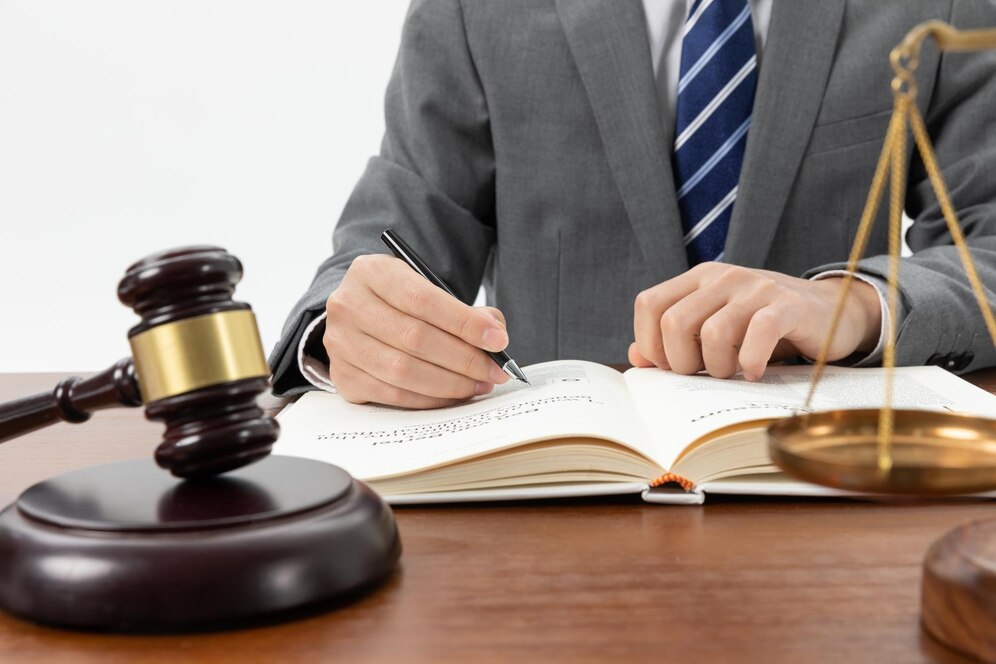
Estate Administration / Probate
Our team of lawyers can guide you through every step of the Probate process whether, there is a valid Will, and we make sure that all time limits are met and documents...

Family Law
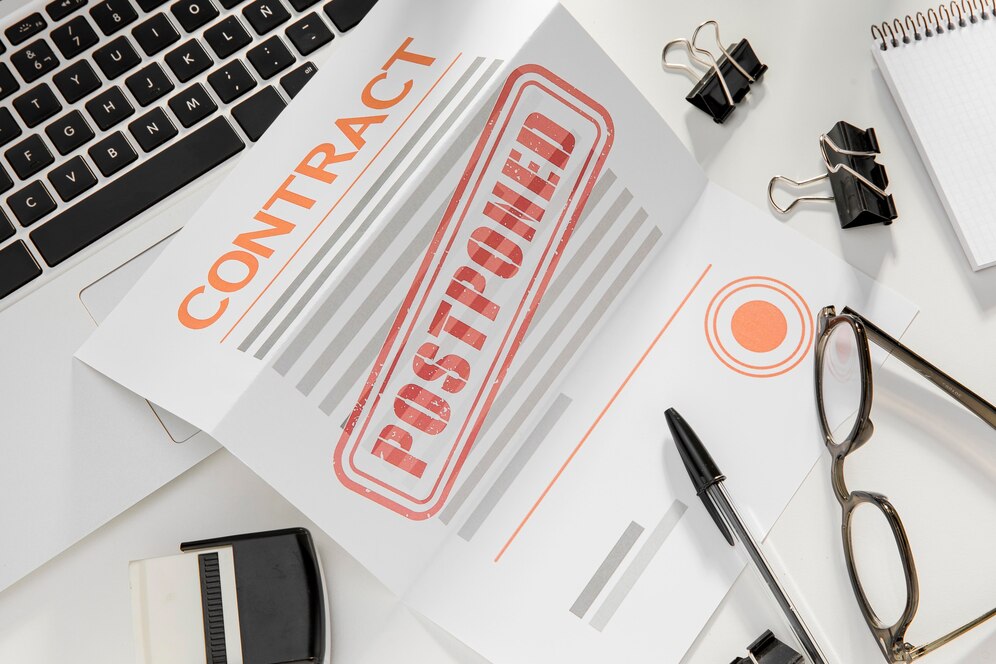
Civil Litigation
Litigation is the process of taking legal action through a proceeding or lawsuit. In addition to Injury and Insurance litigation, LaViolette Law represents both plaintiffs and defendants in other matters...
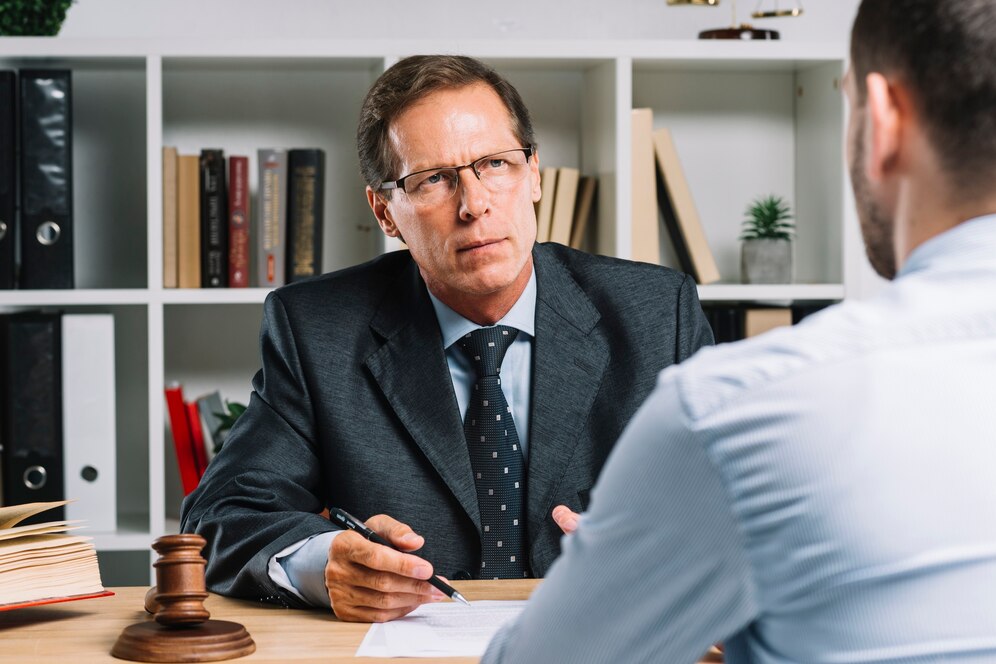
Other Legal Advice
Latest From Our Blogs
Why Hire a Car Accident Lawyer? 7 Reasons It’s the Smartest Decision
Car accidents bring more than just vehicle damage—they bring stress, uncertainty, and unexpected expenses. If you're wondering why hire a car accident lawyer, you’re not alone. A car accident can leave you dealing with painful injuries, medical...
What to Do After a Car Accident in Nova Scotia: A Step-by-Step Guide to Stay Safe and Covered
Introduction A car accident can happen in an instant, leaving you stressed and unsure of what to do. Knowing what to do after a car accident in Nova Scotia will help you stay calm, protect your legal rights, and simplify the insurance process....
Should I Hire a Lawyer for a Minor Car Accident? Here’s What You Need to Know
Introduction Should I hire a lawyer for a minor car accident? It’s a common question after small collisions. At first, it might seem straightforward—no obvious injuries, no major damage. But small accidents can lead to hidden problems. Delayed...

